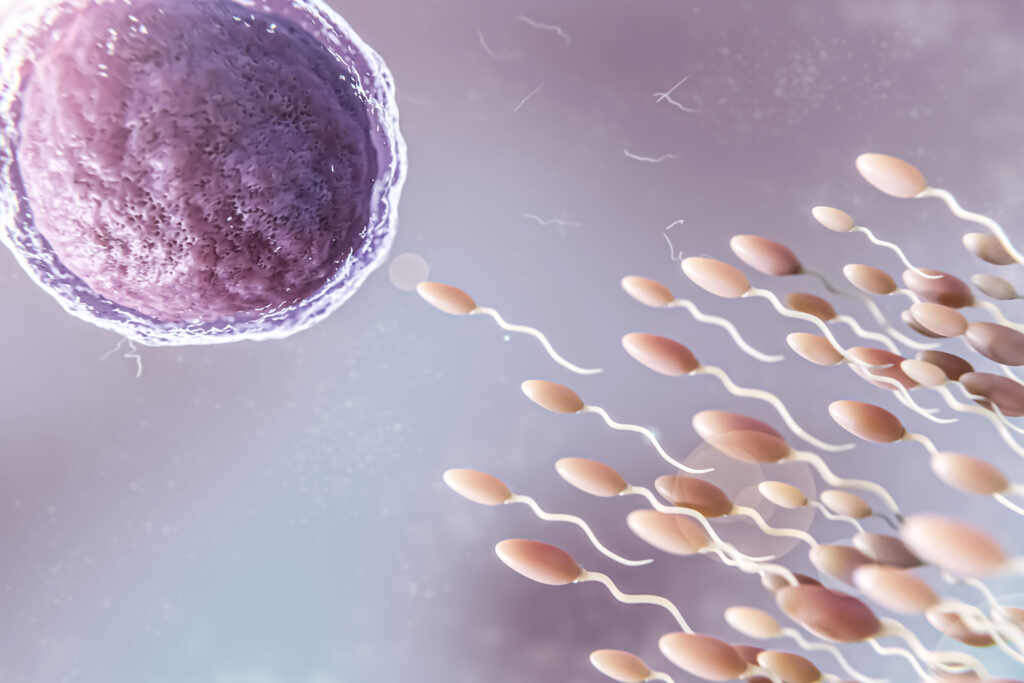Infertility Evolution
Home : : Services : :
Infertility Evolution
Infertility
Infertility is defined as the inability of a woman to conceive after a year of having unprotected sex. The evaluation of infertility encompasses those areas critical for the establishment and continued growth of pregnancy. The aim of the evaluation is to identify factors which can be treated to increase the likelihood of having a successful pregnancy.
Couples should begin evaluation if they:
- You have been trying to get pregnant for at least one year
- You are over 35 and have been trying to get pregnant for six months or longer
- Are over age 40
- Your periods are irregular
- You or your partner has a known or suspected history of fertility problems
- You have had two or more consecutive miscarriages

Infertility
Infertility treatment in Pimpri Chinchwad
The treatment of infertility in couples depends on the causes(s) of infertility – based on the results of their evaluation. This can be divided into several categories:
- Disorders of ovulation:
Anovulation (failure or ovulation) and oligo ovulation (infrequent ovulation) are frequently the result of disordered communication between the pituitary gland, which is responsible for releasing hormones to stimulate the ovaries, and the ovaries. It is important to exclude problems with the pituitary itself or with the thyroid and adrenal glands, the treatment of which can result in spontaneous ovulation.The first line treatment is with oral medications (clomiphene or letrozol) which increase the release of FSH (follicle stimulating hormone). If unsuccessful, the ovaries can be stimulated by administration of FSH itself.If not ovulating, or not ovulating regularly is the only cause of infertility, the chance of pregnancy is outstanding. - Male factor infertility:
If the sperm count is abnormal, indicating that the sperm may have a decreased chance of fertilizing eggs, further testing is indicated. This could be due to a physical problem which could be corrected with surgery, a failure of stimulation of the testicles by the pituitary (as with the ovaries), infection, genetic disorders, or a reflection of other medical problems. In approximately 40% of men, no specific cause can be found.The first option is to treat the specific cause. If this is not successful, the chance of pregnancy can be increased by combining ovarian stimulation (to increase te number of eggs released) with intrauterine insemination (IUI) where the sperm are concentrated and injected directly into the uterus. Failing that, or for men with severe sperm abnormalities, in-vitro fertilization (IVF) is the best option. - Tubal/pelvic factor infertility:
If the pelvic problem (adhesions, scar tissue, endometriosis, etc.) can be corrected surgically, fertility may be improved. If not, or if pregnancy does not occur following surgery, IVF is the best treatment strategy because it bypasses the tubes by placing an embryo directly into the uterus. - Uterine factor infertility:
Uterine problems, such as fibroids, polyps, adhesions within the uterus, and congenital abnormalities, usually require surgery. Following uterine surgery, it is important to reassess the uterus to make sure that it is normal and will allow an embryo to implant and grow. If the uterus will not accept an embryo, IVF with embryo to a gestational carrier is indicated. - Unexplained infertility:
A small percentage of couples will have no significant abnormal finding on evaluation. These couples have a chance of pregnancy per cycle which is lower chance of pregnancy than fertile couples. We can increase the chance of pregnancy with ovarian stimulation and IUI. If this is unsuccessful, IVF is their best treatment choice. - Recurrent pregnancy loss:
Couples with recurrent miscarriage (RPL) should undergo testing for chromosomal abnormalities and uterine structural defects which could cause an embryo to stop growing. In rare cases, RPL can be causes by other systemic diseases. The majority of miscarriage occur because the embryo had an abnormal number of chromosomes, called aneuploidy. IVF with testing of embryos for chromosome number prior to embryo transfer can reduce the change of miscarriage.

